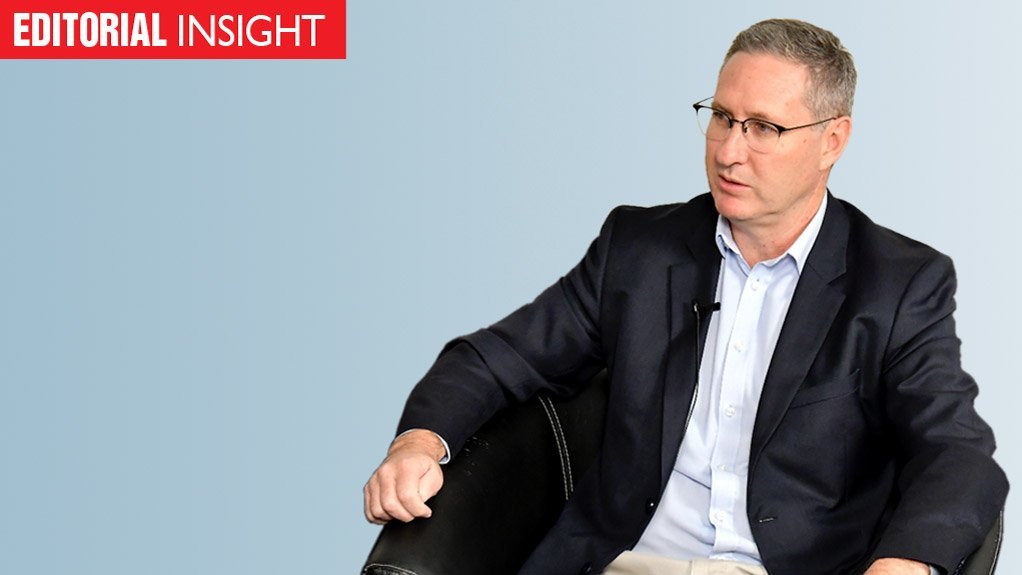As has been highlighted in this column previously, South Africa’s energy transition has become a highly contested topic and is, thus, a hotbed for the spreading of misinformation and ‘fake news’.
The most recent example are social media posts, accompanied by some traditional media reporting, on the unbundling of Eskom’s distribution business.
The posts and articles were triggered by a letter sent by Public Enterprises Minister Pravin Gordhan to the Eskom board regarding the restructuring of the entity. The letter included the words “approval for sale”, which sparked furious speculation that the business was being prepared for privatisation.
Gordhan moved to clarify that the unbundling was proceeding in line with the Cabinet-approved ‘Eskom Roadmap’ of October 2019 and that the distribution entity would remain “100% owned by the State”.
He explained that the letter was written merely to provide his consent, in line with a requirement of the Public Finance Management Act (PFMA), for the transfer of assets from the Eskom Holding company to the newly established distribution company.
The Presidency then reinforced this by dismissing suggestions that the unbundling of the Eskom generation, transmission and distribution businesses into three separate entities could be regarded as privatisation, with Rudi Dicks asserting that nothing was being sold during a briefing on the implementation of the Energy Action Plan.
Eskom distribution group executive Monde Bala then went on to reveal that Finance Minister Enoch Godongwana had in fact provided his PFMA-required consent in mid-2022 and that Gordhan’s conditional consent had followed only recently as the Public Enterprises Minister had some issues he wanted clarified before doing likewise. Bala also highlighted that the process of unbundling the distribution entity had not started with Gordhan’s letter and had been under way at Eskom for one-and-a-half years.
Yet the privatisation argument persisted to the point where Gordhan felt it necessary to release a second statement with a far more aggressive tone, in which he described those deliberately distorting the truth as “counter-revolutionaries and other discredited characters”.
While not true in this case, it is ironic that some of the previous distortions about South Africa’s energy policy and transition have actually been peddled by Gordhan’s own Cabinet colleagues.
Mineral Resources and Energy Minister Gwede Mantashe has been a serial offender, particularly on the issue of coal decommissioning. This, he has blamed on lobbyists and foreign actors without acknowledging that the decommissioning schedule is contained in the Integrated Resource Plan of 2019 to which his own signature is affixed.
More recently, he has been joined by Electricity Minister Dr Kgosientsho Ramokgopa, who provided what can only be described as ‘alternative facts’ regarding the state of the Komati power station ahead of its decommissioning last year.
Given the highly politicised nature of the energy transition, South Africans should be prepared for an ongoing tussle in the months and years ahead. Seeing through the fog will also become increasingly difficult in the absence of ongoing evidence-based research to separate the real from the fake.
EMAIL THIS ARTICLE SAVE THIS ARTICLE ARTICLE ENQUIRY
To subscribe email subscriptions@creamermedia.co.za or click here
To advertise email advertising@creamermedia.co.za or click here











